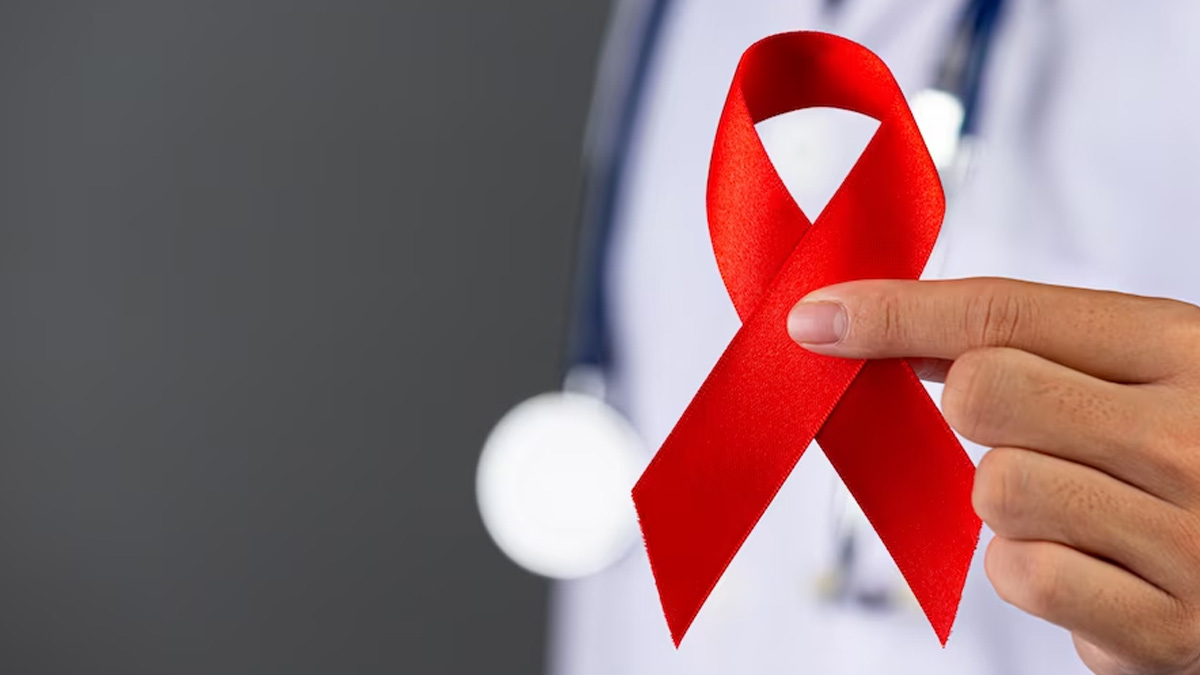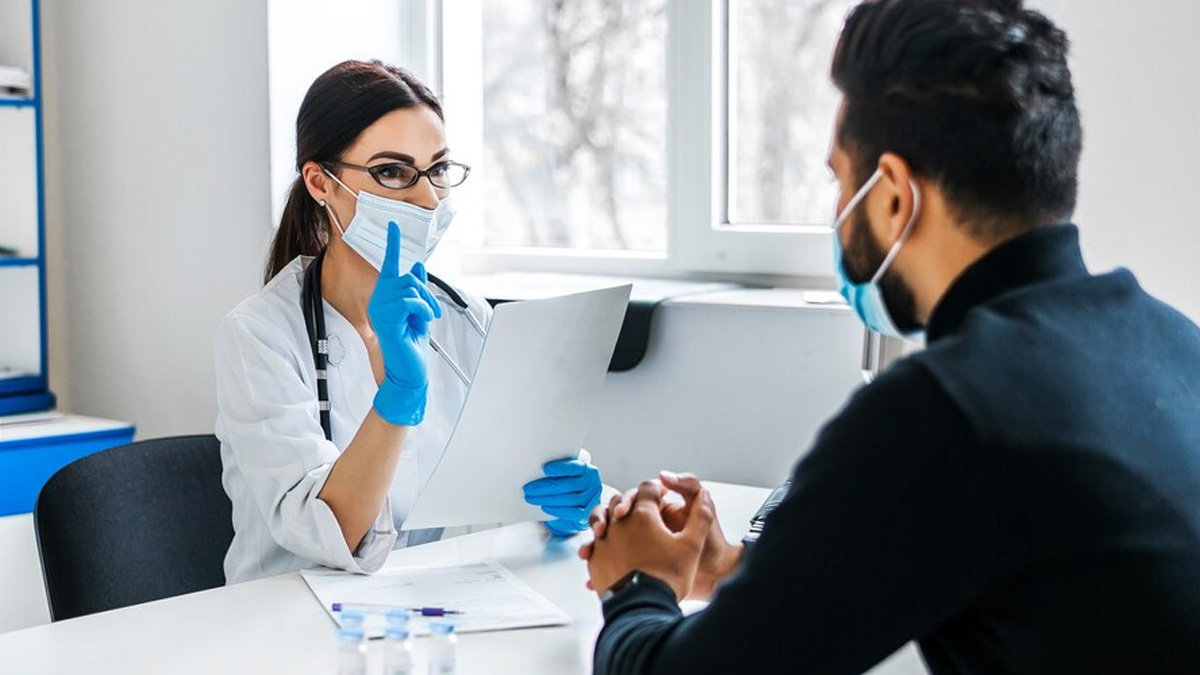
Sexually Transmitted Diseases (STDs) pose numerous challenges to the infected person's immunity, mental health, societal standing, and overall well-being.
However when we think of STDs, we usually think of getting infected by one particular STD like herpes or Human Immunodeficiency Viruses (HIV). But did you know that it's possible to get infected by multiple STDs at a time?
Table of Content:-
To understand this phenomenon, the team of OnlyMyHealth spoke to Dr Aklesh Tandekar, Head Consultant Critical Care, Wockhardt Hospitals, Mira Road.
Is It Possible To Get Multiple STDs?

"Yes, having one STD can make you more susceptible to getting another one. This is because some STDs can weaken the immune system, making it easier for other infections to take hold," responded Dr Tandekar.
Citing an example he shared, "Individuals with HIV are more vulnerable to other STDs. Additionally, behaviours that increase the risk of one STD, such as unprotected sex, can also raise the risk of acquiring another."
Researchers from the Indian Association for the Study of Sexually Transmitted Diseases & AIDS, found Syphilis to be the most common infection that gave way to multiple STDs, and was followed by HIV and genital herpes. Unfortunately, their study revealed that none of the people with multiple STDs received accurate diagnosis or management of symptoms.
Also Read: STD Awareness Month 2021: Can STDs Cause Infertility?
Preventing Multiple STDs

The same study found that out of the total number of people visiting STD clinics, 37% had more than one infection.
Dr Tandekar warned, "Complications of catching two STDs at the same time or one after the other can be more severe than having just one." He listed:
- Increased risk of HIV transmission or progression.
- Increased risk of infertility, as some STDs can damage the reproductive organs.
- Increased risk of pelvic inflammatory disease (PID) in women.
- Increased risk of complications during pregnancy and childbirth.
- More complex and prolonged treatment regimens.
Since prevention is better than cure, which might not even be possible in the case of certain STDs like AIDS, he listed a set of precautions to help you prevent catching another STD if you've already been infected by one:
- Practice safe sex by using condoms consistently and correctly.
- Get tested regularly for STDs and encourage your sexual partners to do the same.
- Communicate openly with your partners about your STD status, and ask them the same.
- Avoid sexual activity during active outbreaks of STDs or until treatment is completed.
- Seek medical care and treatment for any current infection.
Also Read: World AIDS Day 2022: What You Need To Know About Living With HIV
Dr Tandekar concluded that it's crucial to be vigilant, especially if you have an active sexual life, practice safe sex, get tested, and seek medical care if you suspect an STD to reduce the risk of getting infected by multiple sexually transmitted pathogens.
Also watch this video
How we keep this article up to date:
We work with experts and keep a close eye on the latest in health and wellness. Whenever there is a new research or helpful information, we update our articles with accurate and useful advice.
Current Version